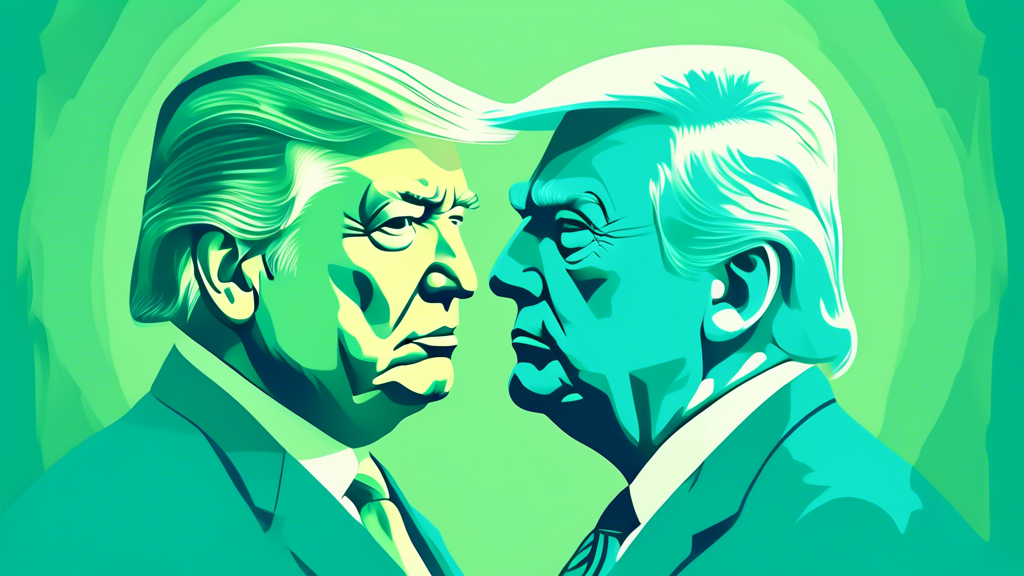
Trump’s Controversial Remarks Stir Debate
Former President Donald Trump’s recent comments concerning undocumented immigrants have sparked significant controversy. In a discussion on ‘The Hugh Hewitt Show,’ Trump implicated that undocumented immigrants who commit violent crimes possess inherently bad genes. This assertion adds fuel to the ongoing debate about the role genetics plays in criminal behavior, a stance that many experts reject.
Tensions Over Immigration Policy
Trump has furthered his criticism of current immigration policies by erroneously accusing Vice President Kamala Harris of enabling murderers, a claim devoid of substantial evidence. By stating that 13,000 murderers have entered the U.S. due to an open border policy, Trump misrepresents data from the Department of Homeland Security, which contains statistics spanning multiple administrations and not just those currently under ICE supervision.
The former president’s rhetoric has not only cast a shadow on the Biden administration but has also spotlighted immigration as a pivotal issue in his 2024 presidential campaign. By promising an unprecedented deportation operation, Trump continues to galvanize his base around anti-immigration sentiments.
Echoes of Discredited Theories
Critics have likened Trump’s genetic remarks to the discredited principles of eugenics, which advocate for selective breeding to purportedly enhance the human gene pool. During his presidency and subsequent campaign periods, Trump has occasionally glorified genetic superiority, as evidenced by past remarks alluding to good genes and likening human development to racehorses.
This eugenics-like rhetoric has drawn condemnation from legal experts and civil rights groups. Constitutional law professor Anthony Michael Kreis criticized Trump’s comments, explicitly stating that it reflects a full embrace of eugenicist ideology. The backlash from these remarks highlights the broader implications and the sensitive history associated with such theories.
Political and Public Repercussions
The response to Trump’s declarations has been swift and severe. White House press secretary Karine Jean-Pierre has denounced the language used as hateful and inflammatory. The contrast between the Trump and Biden administrations’ approaches to immigration cannot be overstated; the latter has been noted for its efforts to intensify asylum restrictions as a countermeasure to what it regards as Trump’s harsh policies.
As Trump’s comments continue to reverberate through media channels and public discourse, they invite broader reflections on the ethics of immigration language and policy. The debate underscores the potent intersection of politics, genetics, and human rights in contemporary discourse.
